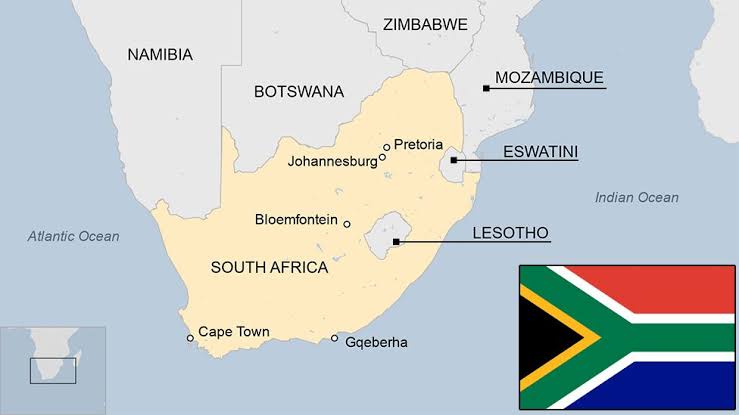
Introducing: Mama Money, a Fintech Company from South Africa, Introduces a Card Linked to WhatsApp for Payments and Remittances
Mama Money, a money transfer company based in South Africa, has joined up with Access Bank and Paymentology, a payment processor, to introduce a new bank card service that incorporates WhatsApp banking. As to a post by Paymentology, the company that issues the cards, Mama Money Card holders can:
- Transfer payments internationally
- Buy electricity and airtime
- Download bank statements
- Check their balance and
- Manage their account
Using WhatsApp.
“The Mama Money Card only costs R100, with fees of R25 each month. Register on the Mama Money App using your passport or asylum papers to apply for the Mama Money Card, according to Paymentology.
Compared to traditional banks, which frequently demand evidence of address in order to obtain a bank card, the WhatsApp-linked card makes things considerably easier for consumers. This is a crucial feature for Mama Money’s clientele in South Africa, the majority of whom are from nations like Zimbabwe, Malawi, Ghana, Nigeria, India, and many more. It allows them to obtain a bank card with ease, providing them with access to basic financial services and the capacity to transfer money to more than 70 countries across the globe.
Through the WhatsApp app, users may also access additional capabilities like freezing their cards in the event of theft or loss.
“The Mama Money Card is a big step towards community empowerment, especially in terms of helping migrants.” It offers a platform for safe employer payments, promotes saving, and eventually helps users’ financial situation. According to Mama Money co-founder Mathieu Coquillon, “Mama Money continues to dismantle financial barriers and promote inclusivity by catering to the specific needs of a diverse customer base.”
According to Drisha Kirkman, Head of Programme Management and Sustainability at Paymentology, “initiatives like this from Mama Money, powered by us, play a pivotal role in bridging the gap in financial inclusivity in a nation where an estimated 4 million migrants reside, with many not having access to essential financial services.”


